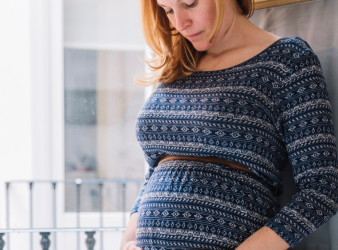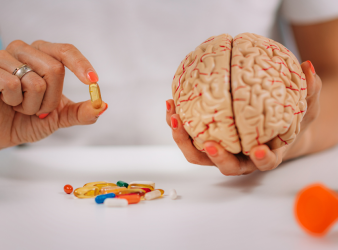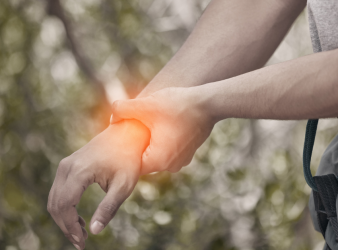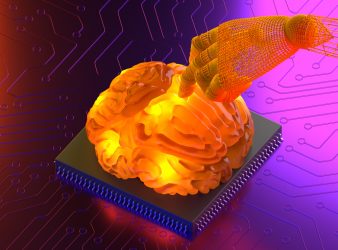
Category: Research
New findings in medicine
Researchers at São Paulo State University (UNESP) in Brazil conducted mouse experiments to better understand.
Children born moderately (32-33 weeks) or late preterm (34-36 weeks) have a higher long-term risk.
In a recent study published in eClinicalMedicine, researchers assessed the efficacy and safety of various.
According to a clinical trial published in Nature Medicine, the medicine Tovorafenib may slow or.
Social media is the only area that allows you to compare yourself to others as.
Men with inflammatory joint disease, such as rheumatoid arthritis, are more likely to have children.
Cedars-Sinai Cancer researchers used the Molecular Twin Precision Oncology Platform, a novel precision medicine and.
The Society of Critical Care Medicine (SCCM) tasked a broad international panel of experts with.
A recent study by UCL researchers reveals that breakthroughs in generative AI shed light on.
A multicenter study coordinated by Amsterdam UMC and carried out in nine Dutch Intensive Care.









